Did you know? Over 75% of the world’s major crops depend on the pollination of edible plant species: fruits, vegetables, nuts, coffee, and more. And more than 30% of our food relies on bee pollination. Yet, the health and survival of this species are seriously threatened.
Fully aware of these challenges, the Véto-pharma Bee Science department has been dedicated to bee health for over 25 years. We support the beekeeping sector by staying attentive to its needs and developing innovative, safe, and effective solutions. Our efforts are rewarded, as our products help support over 6 million colonies each year!
Beyond our current product range, we are making significant investments for the future. This includes research projects aimed at developing new treatments for Varroa, solutions to trap hornets, and high-quality nutritional products, thus supporting beekeepers in their work.
Our Areas of Action
Fight against Varroa
Varroa destructor is a parasitic mite that weakens honeybees and promotes the spread of diseases and viruses. Fighting against Varroa is essential to ensure the survival of bee colonies, which are crucial for pollination and global food production.
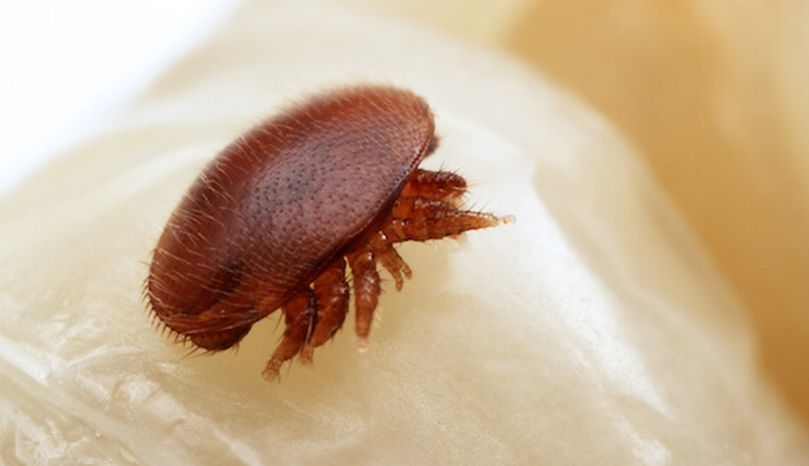
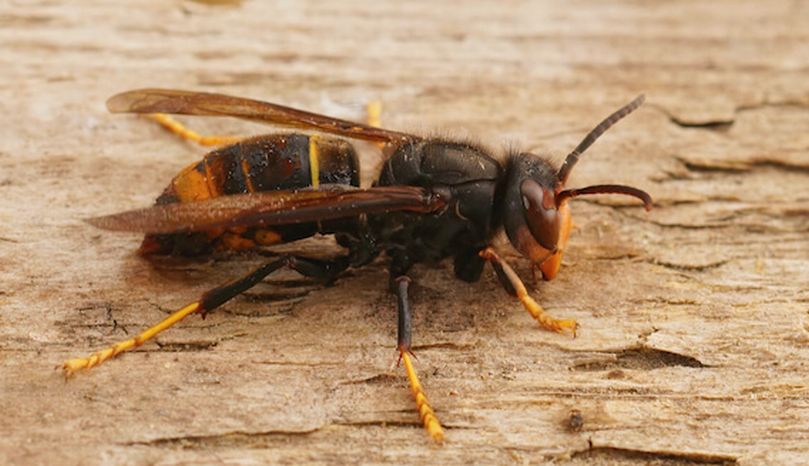
Yellow-legged hornet trapping
These formidable predators attack hives and decimate colonies, impacting colony survival, honey production, and pollination. By developing effective solutions to trap hornets, we limit their proliferation and preserve the balance of ecosystems.
Bee nutrition
Feeding bees is often reduced to simply providing sugar, but it is actually much more complex. It requires special attention, especially during rainy seasons or in areas lacking floral diversity.
Adequate nutritional intake, both in quantity and quality, is essential to ensure the proper functioning of the colonies!

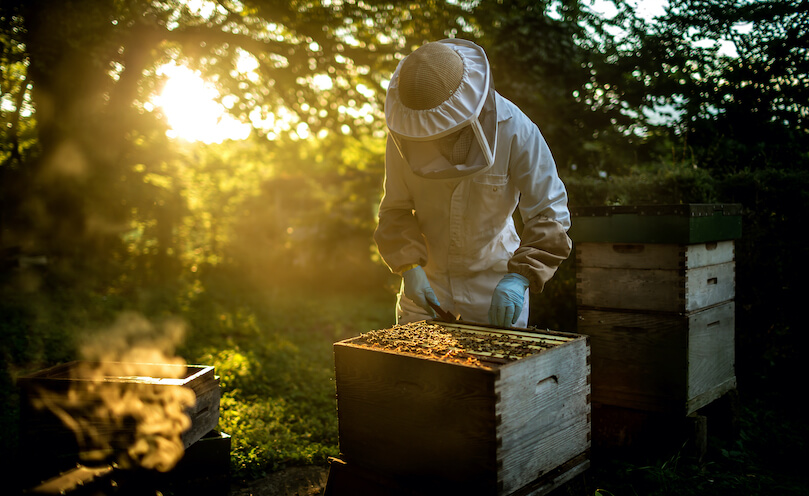
Our support for the beekeeping sector
At Véto-pharma, we are fully committed to supporting beekeeping and bee health. From Research and Development, with our experimental apiary and R&D laboratory, to partnerships with associations and universities, as well as our financial investments: our actions are driven by innovation and collaboration!
Discover all our initiatives to value bees, support beekeepers, and promote biodiversity.

Watch this webinar, presented by John Gaut, which is dedicated to one of the most significant challenges in modern beekeeping: managing varroa mites.

In this guide you will find instructions of use about Apivar 2.0, our new product based of Amitraz in USA.
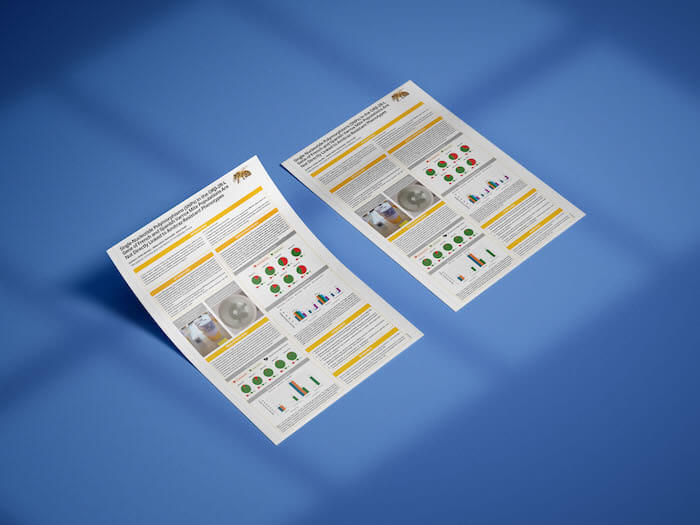
This scientific poster aims to better understand the genetic mechanisms that may be involved in Varroa amitraz resistance, a major issue for honey bee colony health.

This webinar covers the differences between Apivar and Apivar 2.0, plus guidance for using Apivar 2.0 in sustainable Varroa mite management.

This on-demand webinar explores field-tested strategies for Varroa mite control specifics to Australia and similar climatic regions.
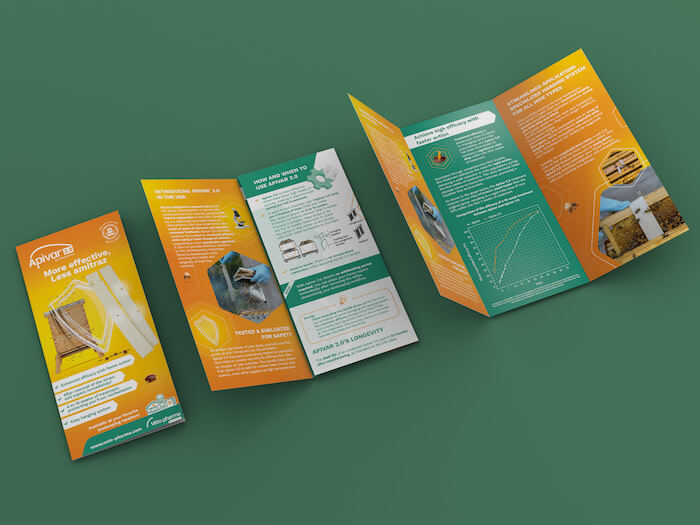
In this brochure you will find practical information about Apivar 2.0, the latest advancement in varroa mite treatment with less amitraz.
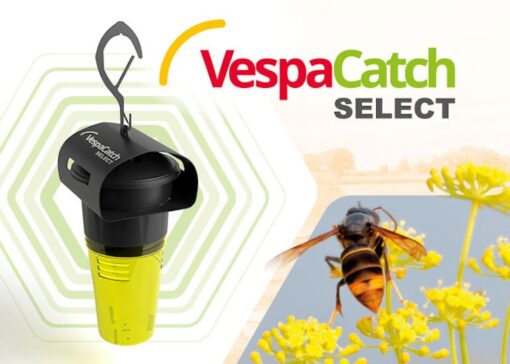
Field Evaluation of the VespaCatch Select Trap (Vétopharma) – Spring 2025
2025 evaluation of the VespaCatch Select trap: effectiveness and selectivity against the Asian hornet in real-world conditions.

Behind the scenes of a medicine for bees.
Véto-pharma offers 5 episodes to provide a realistic view of the processes and regulatory of a medicine launch.
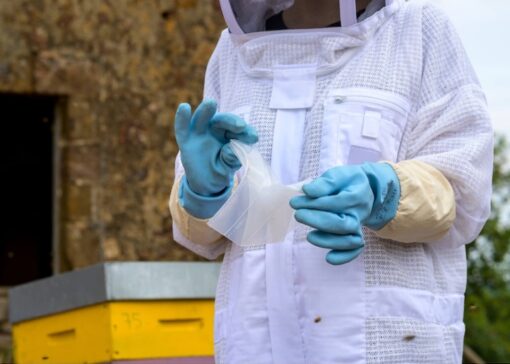
Varroa treatment: new Apivar® formats and new pre-cut design
Discover Apivar’s new formats and pre-cut strips for effective Varroa control. Same proven formula, improved practicality, available from 2026.
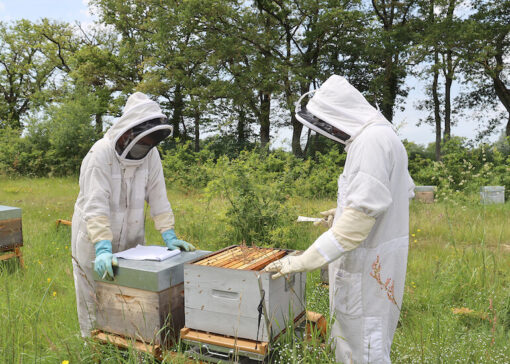
Behind the Scenes of a Trial: From Start to Finish!
Véto-pharma supports beekeepers in the fight against varroa through hive trials designed to test effective solutions.
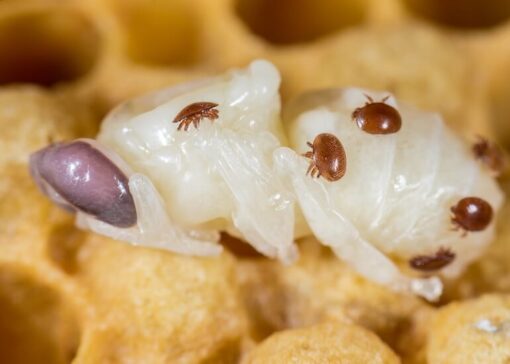
Case Study No. 3: Trickling Oxalic Acid in summer – implications of a “failed” treatment
Why oxalic acid trickling failed in summer varroa control. A case study on brood interruption, timing mistakes, and treatment efficacy.
![[USA] Amiflex® 2.0 – new varroa mite Flash treatment without RUP license](https://www.blog-veto-pharma.com/wp-content/uploads/2025/12/Amiflex-2.0-510x364.jpg)
[USA] Amiflex® 2.0 – new varroa mite Flash treatment without RUP license
Véto-pharma has just obtained the EPA federal registration for Amiflex® 2.0, a 7-day-flash treatment for varroa mites.
